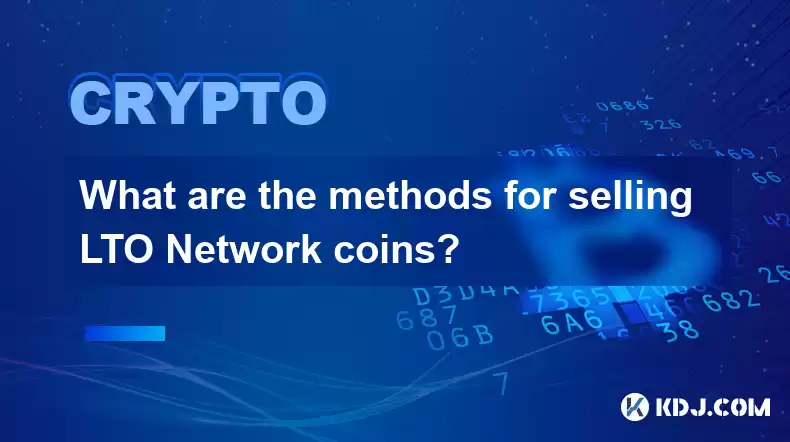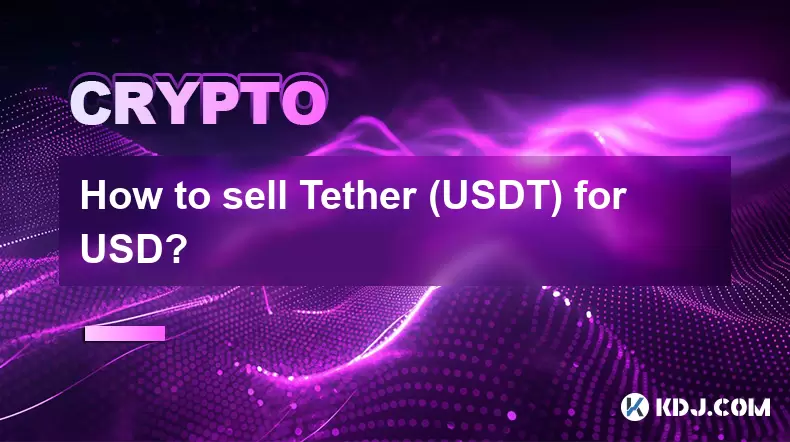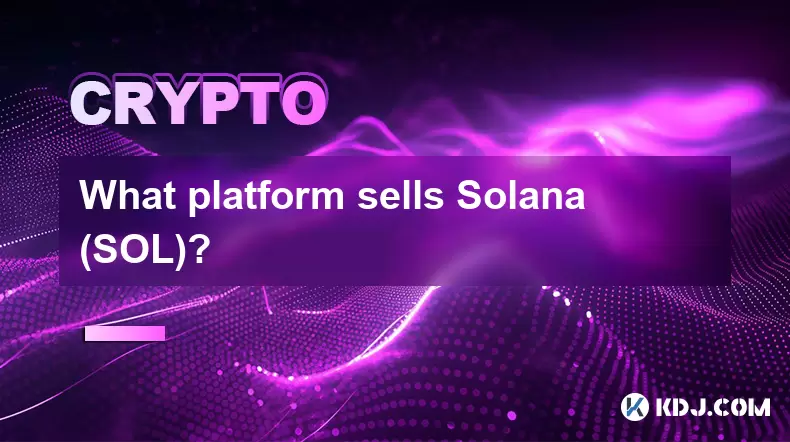-
 Bitcoin
Bitcoin $116200
1.84% -
 Ethereum
Ethereum $3841
6.86% -
 XRP
XRP $3.070
4.25% -
 Tether USDt
Tether USDt $1.000
0.02% -
 BNB
BNB $774.4
1.72% -
 Solana
Solana $172.3
5.17% -
 USDC
USDC $0.9999
0.01% -
 Dogecoin
Dogecoin $0.2136
6.85% -
 TRON
TRON $0.3391
1.21% -
 Cardano
Cardano $0.7667
5.76% -
 Hyperliquid
Hyperliquid $39.10
4.30% -
 Sui
Sui $3.724
9.37% -
 Stellar
Stellar $0.4139
5.86% -
 Chainlink
Chainlink $17.35
6.09% -
 Bitcoin Cash
Bitcoin Cash $573.7
2.52% -
 Hedera
Hedera $0.2518
5.39% -
 Ethena USDe
Ethena USDe $1.001
0.02% -
 Avalanche
Avalanche $22.68
3.57% -
 Litecoin
Litecoin $120.4
3.89% -
 UNUS SED LEO
UNUS SED LEO $8.951
-0.40% -
 Toncoin
Toncoin $3.312
4.62% -
 Shiba Inu
Shiba Inu $0.00001263
4.23% -
 Uniswap
Uniswap $10.14
6.89% -
 Polkadot
Polkadot $3.778
5.04% -
 Dai
Dai $1.000
0.01% -
 Monero
Monero $276.9
-4.52% -
 Bitget Token
Bitget Token $4.394
1.57% -
 Cronos
Cronos $0.1475
6.05% -
 Pepe
Pepe $0.00001081
5.27% -
 Aave
Aave $274.5
7.59%
What are the methods for selling LTO Network coins?
To sell LTO Network coins, consider reputable cryptocurrency exchanges like Binance, decentralized exchanges like Uniswap, or peer-to-peer marketplaces like LocalBitcoins, each with varying fees, security measures, and ease of use.
Dec 30, 2024 at 09:38 am

Key Points:
- Understand the different methods available for selling LTO Network coins.
- Assess the pros and cons of each method based on fees, security, and ease of use.
- Compare and select the most suitable method for individual needs and preferences.
- Ensure compliance with relevant regulations and tax implications.
Methods for Selling LTO Network Coins:
1. Cryptocurrency Exchanges:
- Binance: One of the largest and most reputable exchanges for trading cryptocurrencies. Offers a wide range of trading pairs, including LTO/USDT and LTO/BTC. Provides advanced trading features and a user-friendly interface. However, it requires account verification and can have higher fees compared to other options.
- KuCoin: A popular exchange known for its low trading fees and support for a wide variety of cryptocurrencies. Offers a user-friendly interface and provides a range of trading options, including spot and margin trading.
- Huobi Global: A well-established exchange with a strong focus on the Asian market. Offers a wide selection of trading pairs and supports multiple fiat currencies for easy on-and-off ramps. However, it may have limited availability for users in certain regions.
2. Decentralized Exchanges (DEXs):
- Uniswap: A leading DEX built on the Ethereum blockchain. Allows users to trade tokens directly with each other without the need for a centralized intermediary. Offers low fees and slippage but may have limited liquidity for certain trading pairs.
- PancakeSwap: A popular DEX on the Binance Smart Chain. Similar to Uniswap, it provides decentralized trading and low fees. However, it is primarily focused on the BEP20 token standard and may not support all ERC-20 tokens.
- SushiSwap: Another prominent DEX with a strong community and a range of features. Offers yield farming, staking, and lending services in addition to trading. However, it may have higher fees compared to other DEXs.
3. Peer-to-Peer Marketplaces:
- LocalBitcoins: A peer-to-peer marketplace that connects buyers and sellers of cryptocurrencies directly. Allows users to trade LTO Network coins with other users in their local currency. Provides anonymity and flexibility but may have limited liquidity and security risks associated with dealing with unknown individuals.
- Paxful: A similar peer-to-peer marketplace that offers a wide range of payment methods and advanced security features. Facilitates direct transactions between users, offering flexibility and the ability to negotiate rates. However, it may have higher fees compared to other options.
4. Over-the-Counter (OTC) Brokers:
- Kraken: A well-established OTC broker that provides a marketplace for large-volume cryptocurrency trades. Offers high liquidity and personalized service but requires account verification and may have higher fees compared to other methods.
- Genesis Trading: A leading OTC broker known for its institutional-grade services. Provides tailored trading solutions for high-net-worth individuals and institutions. Offers a wide range of cryptocurrencies and fiat currencies but may have a high minimum trading volume.
FAQs:
Q: What are the fees associated with selling LTO Network coins?
A: Fees vary depending on the method used. Cryptocurrency exchanges typically charge trading fees, withdrawal fees, and possibly deposit fees. DEXs usually have lower fees but may incur gas fees for transactions on the underlying blockchain. Peer-to-peer marketplaces may have no platform fees but may involve risks associated with direct transactions. OTC brokers generally have higher fees but provide personalized service and high liquidity.
Q: How do I ensure the security of my LTO Network coins when selling them?
A: Choose reputable platforms with strong security measures and user reviews. Use unique passwords and enable two-factor authentication. Store LTO Network coins in a secure hardware wallet or software wallet. Be cautious when dealing with unknown individuals on peer-to-peer marketplaces. Verify the authenticity of OTC brokers before transferring any funds.
Q: What tax implications should I be aware of when selling LTO Network coins?
A: Tax implications vary depending on jurisdiction. In some regions, cryptocurrency gains are taxed as capital gains, while in others, they may be considered income. Consult with a tax professional or local authorities to determine the applicable tax laws and reporting requirements.
Disclaimer:info@kdj.com
The information provided is not trading advice. kdj.com does not assume any responsibility for any investments made based on the information provided in this article. Cryptocurrencies are highly volatile and it is highly recommended that you invest with caution after thorough research!
If you believe that the content used on this website infringes your copyright, please contact us immediately (info@kdj.com) and we will delete it promptly.
- Ollama Turbo & GPT-OSS: Revolutionizing AI Model Accessibility and Speed
- 2025-08-07 20:29:33
- Bitcoin Ordinals: NFTs Evolving Bitcoin or a Fleeting Fad?
- 2025-08-07 20:29:33
- BlockchainFX, Bitcoin Swift, Crypto Presales: What's the Hype?
- 2025-08-07 19:10:13
- Pepe Dollar (PEPD) vs. SPX6900: The Meme Coin Battle of 2025
- 2025-08-07 19:50:12
- XRP Investment Regret: Are You Missing Out on the Next Big Thing?
- 2025-08-07 19:50:12
- XRPINU: More Than Just a Meme? Roadmap, Liquidity, and the Future of Funny Money
- 2025-08-07 19:56:46
Related knowledge

Where can I buy UMA (UMA)?
Aug 07,2025 at 06:42pm
Understanding UMA and Its Role in Decentralized FinanceUMA (Universal Market Access) is an Ethereum-based decentralized finance (DeFi) protocol design...

What is the best app to buy EOS?
Aug 07,2025 at 04:35pm
Understanding EOS and Its Role in the Cryptocurrency EcosystemEOS is a blockchain platform designed to support decentralized applications (dApps) with...

How to sell Tether (USDT) for USD?
Aug 07,2025 at 03:29pm
Understanding Tether (USDT) and Its USD ValueTether (USDT) is a stablecoin designed to maintain a 1:1 value ratio with the United States Dollar (USD)....

What platform sells Solana (SOL)?
Aug 07,2025 at 08:50pm
Where to Buy Solana (SOL) – Trusted Cryptocurrency ExchangesWhen looking to purchase Solana (SOL), the most common and secure method is through reputa...

How to sell my Bitcoincoin for cash?
Aug 07,2025 at 02:14pm
Understanding the Basics of Selling Dogecoin for CashSelling Dogecoin for cash involves converting your DOGE tokens into a fiat currency such as USD, ...

What is Chainlink (LINK)?
Jul 22,2025 at 02:14am
Understanding Chainlink (LINK): The Decentralized Oracle NetworkChainlink is a decentralized oracle network designed to bridge the gap between blockch...

Where can I buy UMA (UMA)?
Aug 07,2025 at 06:42pm
Understanding UMA and Its Role in Decentralized FinanceUMA (Universal Market Access) is an Ethereum-based decentralized finance (DeFi) protocol design...

What is the best app to buy EOS?
Aug 07,2025 at 04:35pm
Understanding EOS and Its Role in the Cryptocurrency EcosystemEOS is a blockchain platform designed to support decentralized applications (dApps) with...

How to sell Tether (USDT) for USD?
Aug 07,2025 at 03:29pm
Understanding Tether (USDT) and Its USD ValueTether (USDT) is a stablecoin designed to maintain a 1:1 value ratio with the United States Dollar (USD)....

What platform sells Solana (SOL)?
Aug 07,2025 at 08:50pm
Where to Buy Solana (SOL) – Trusted Cryptocurrency ExchangesWhen looking to purchase Solana (SOL), the most common and secure method is through reputa...

How to sell my Bitcoincoin for cash?
Aug 07,2025 at 02:14pm
Understanding the Basics of Selling Dogecoin for CashSelling Dogecoin for cash involves converting your DOGE tokens into a fiat currency such as USD, ...

What is Chainlink (LINK)?
Jul 22,2025 at 02:14am
Understanding Chainlink (LINK): The Decentralized Oracle NetworkChainlink is a decentralized oracle network designed to bridge the gap between blockch...
See all articles

























































































